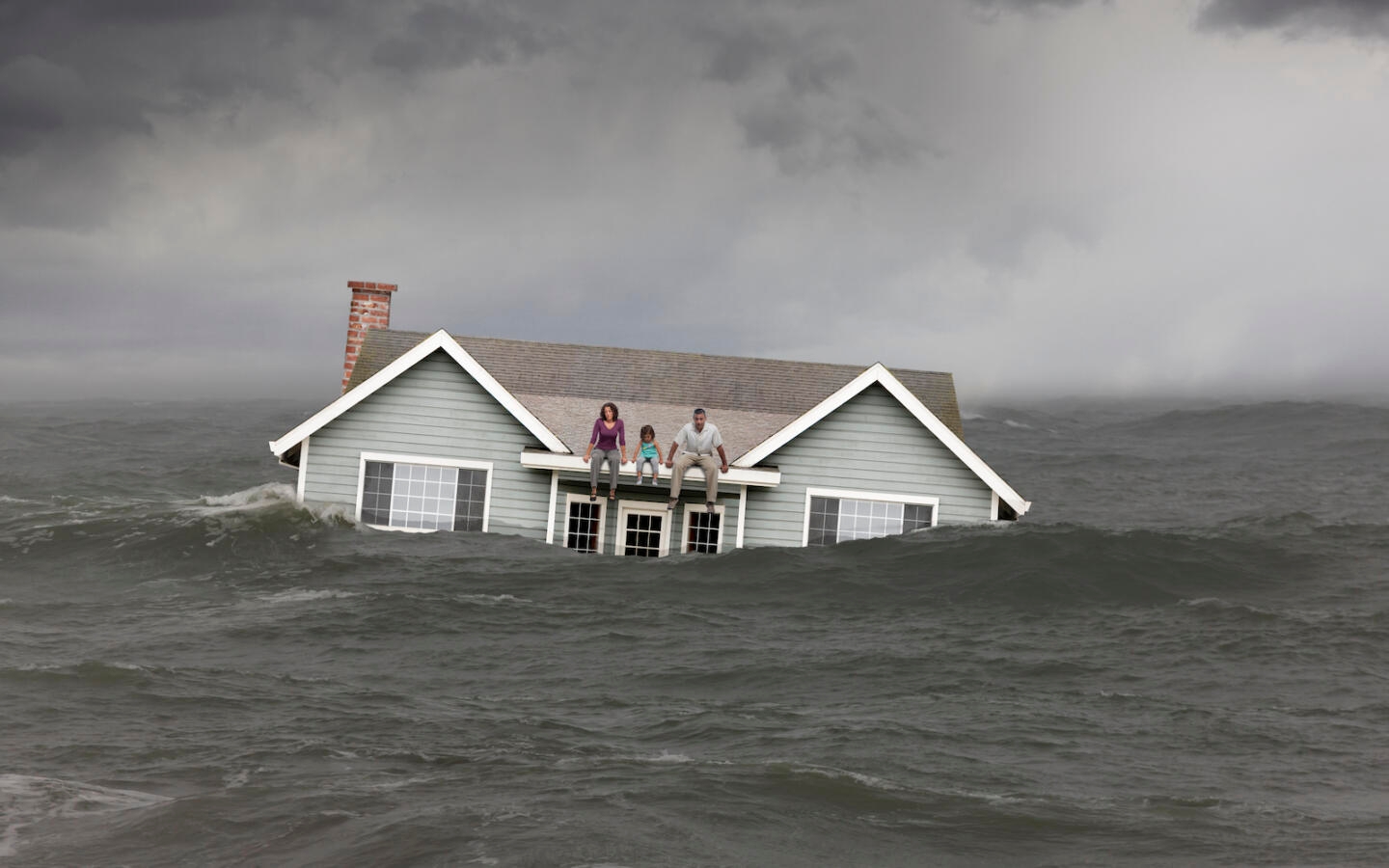My family has numerous copies of the story of Noah’s Ark on our bookshelf and every time I read one with my kids I’m shocked that this has become a favorite children’s story given the troubling theological questions it raises. God tells Noah the world is overrun with wickedness and the only way to deal with this is complete destruction of all life?
But in the Torah portion we read this week, Noah hears the message loud and clear and gets right to work. It takes him years to build the ark. What must his neighbors have thought as he hauled huge pieces of wood and hammered day and night? What must he have been thinking as he prepared to save himself and his family and two of each animal — but no one and nothing else? And what must God have been thinking — the force of the universe preparing to reverse all of creation in an act of massive destruction?
The storybook drawings of deer and elephants snuggled side by side inside the ship, nestling down for bed as the rains begin to fall, obscure what isn’t pictured: the massive loss of life and the obliteration of all that had been. Just one Torah portion earlier, every living creature is brought into being with the refrain of ki tov — it was good. And then just as soon as it was, it wasn’t. The world had just come into being and now it was all washed away, gone back to the waters from which it came.
Right now, the waters are quite literally rising again: Puerto Rico, Haiti, Houston, farmland across the Mississippi Basin. Who are we in this unfolding story? Are we Noah, sailing away in a ship of safety while untold numbers around us drown? Or are we the neighbors, washed away as a mere few sail away unscathed?

Help us keep Jewish knowledge accessible to millions of people around the world.
Your donation to My Jewish Learning fuels endless journeys of Jewish discovery. With your help, My Jewish Learning can continue to provide nonstop opportunities for learning, connection and growth.
Genesis 6:9 tells us that Noah was “a righteous man, blameless in his generation.” The classical commentators disagree about what this means. Some see Noah as truly righteous: He followed God’s command and saved some portion of life on Earth. But the Talmud in Sanhedrin 108a reads the verse differently. Noah was righteous — but only “in his generation.” Had he lived at the time of Abraham, who argues with God against the plan to destroy the people of Sodom and Gommorah, he would not have been considered righteous. Noah follows orders. He doesn’t advocate, agitate or even imagine another possibility.
The Zohar, the central text of Jewish mysticism, imagines a different ending to Noah’s story, one in which he is radically changed by his experience of the flood. “When Noah exited the ark, he opened his eyes and saw the whole world destroyed and began to cry,” the Zohar tells us. After living through near-total destruction, Noah’s heart is opened and his tears flow. Now he feels the weight of what has been lost. But what if his heart had opened sooner?
Could he — like Abraham — have challenged God by arguing for the goodness of humanity? Yes there was widespread evil, but what of his neighbors and friends, the ones who cared for his children, treated his illnesses, danced at his wedding? Questioning God would have required that Noah first let himself feel how important these people were to him. And from there risk imagining the goodness that must exist in all the communities God was about to destroy.
Could Noah — like Moses — have risked refusing to go along with the plan? When God threatens to destroy the Israelites after their construction of the Golden Calf, Moses stands strong, saying to God: “If you are going to destroy all these people, erase my name from your book.” By refusing to be an accomplice, Noah would be risking something else — his special status in God’s eyes, and maybe also his spot in the ark. It would mean sitting in the truth that no one, not even he, should be valued in God’s eyes above all others.
If Noah had risked looking inward, he might have seen the essential mixture of goodness and flaws within him. He might have understood that a mix of goodness and flaws exist within everyone. He might have understood that being part of society means that he, too, is part of the problem and potentially part of the solution. Could he have risked opening his heart before it was too late?
In our day, humanity’s salvation doesn’t hinge on one person arguing with God. In a way, we are all Noah. We all play a part in our shared destruction and all of us are needed for our collective salvation.
The story of Noah’s Ark calls on us to ask: What does righteousness look like in our generation? What must we be willing to risk? What will it take for our hearts to open?
This article initially appeared in My Jewish Learning’s Shabbat newsletter Recharge on Oct. 9, 2021. To sign up to receive Recharge each week in your inbox, click here.



